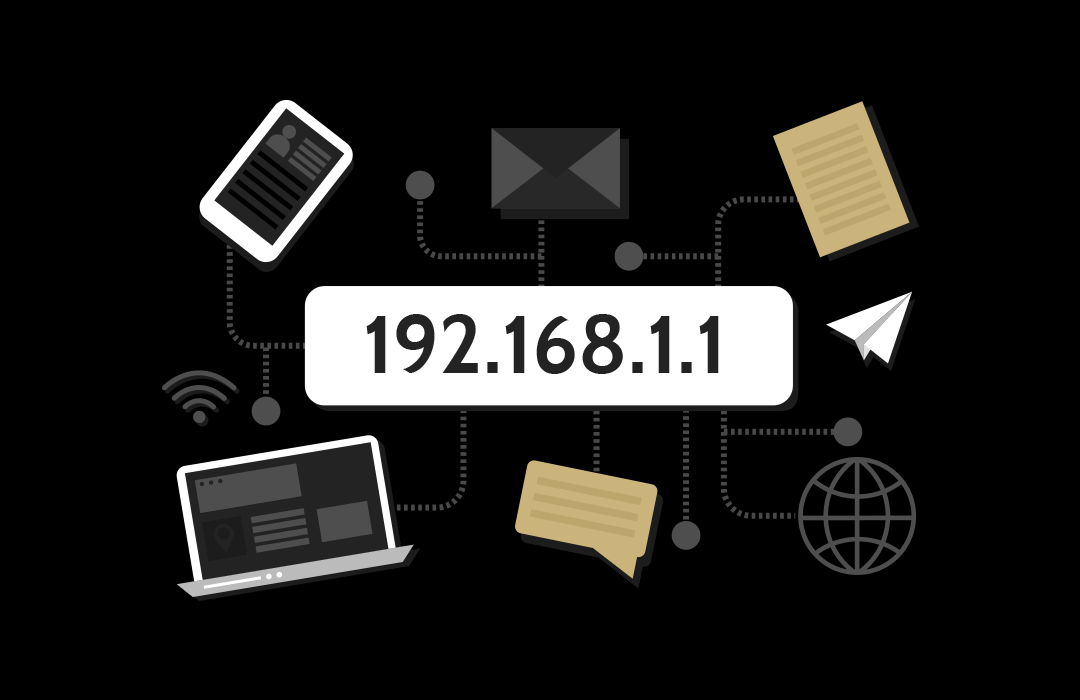‘IP’ stands for Internet Protocol, which is the set of rules that makes it possible for devices to communicate over the Internet.
With billions of people accessing the Internet every day, unique identifiers are necessary to keep track of who is doing what. The Internet Protocol solves this by assigning IP numbers to every device accessing the Internet. It’s like a license plate for your computer, allowing it to be identified and located on the vast web of information that is the internet.
Example: When a user types a domain name like Website.com, into a web browser, this initiates a request to that website’s web server asking for content (the Website.com homepage). Once Website.com receives the request, it needs to know where to send the website content. Using the provided IP address, Website.com can send a response back to the user’s device, which will then display that content in the user’s web browser.
Over the years, the world of IP addresses has grown and evolved, with new technologies and protocols being developed to meet the ever-increasing demand for internet connectivity. The first version of the IP protocol, IPv4, was introduced in the early 1980s and is still in use today, despite its limitations. IPv4 addresses are made up of 32 bits, allowing for a maximum of 4.3 billion unique addresses.
As the internet grew in popularity, it quickly became clear that the limited number of IPv4 addresses would eventually run out. In response, a new version of the IP protocol, IPv6, was introduced in the late 1990s. IPv6 addresses are made up of 128 bits, allowing for an almost unlimited number of unique addresses.
Despite the introduction of IPv6, the transition from IPv4 to IPv6 has been slow and gradual, with many devices and networks still relying on IPv4 addresses. This has led to a number of workarounds and solutions, such as NAT (Network Address Translation), which allows multiple devices to share a single IP address.
So how are IP addresses used in the world of computer networking? Well, in short, they’re used for pretty much everything. Every time you browse the web, send an email, or stream a video, your device is using its IP address to communicate with other devices on the internet. IP addresses are also used for network security, allowing administrators to control access to their networks and monitor for suspicious activity.
But IP addresses aren’t just used for mundane tasks like browsing the web or sending emails. In recent years, they’ve become a key tool in the fight against cybercrime. Law enforcement agencies around the world use IP addresses to track down cybercriminals and identify the source of cyberattacks.
Of course, with great power comes great responsibility, and the use of IP addresses in law enforcement has raised a number of concerns around privacy and civil liberties. There have been numerous cases of innocent individuals being wrongly accused of cybercrimes due to the misidentification of IP addresses.
Despite these concerns, the world of IP addresses continues to grow and evolve. As we move further into the digital age, the importance of IP addresses will only continue to increase. Who knows what wild and surreal adventures await us in the world of computer networking? Only time will tell.
Get Started

















